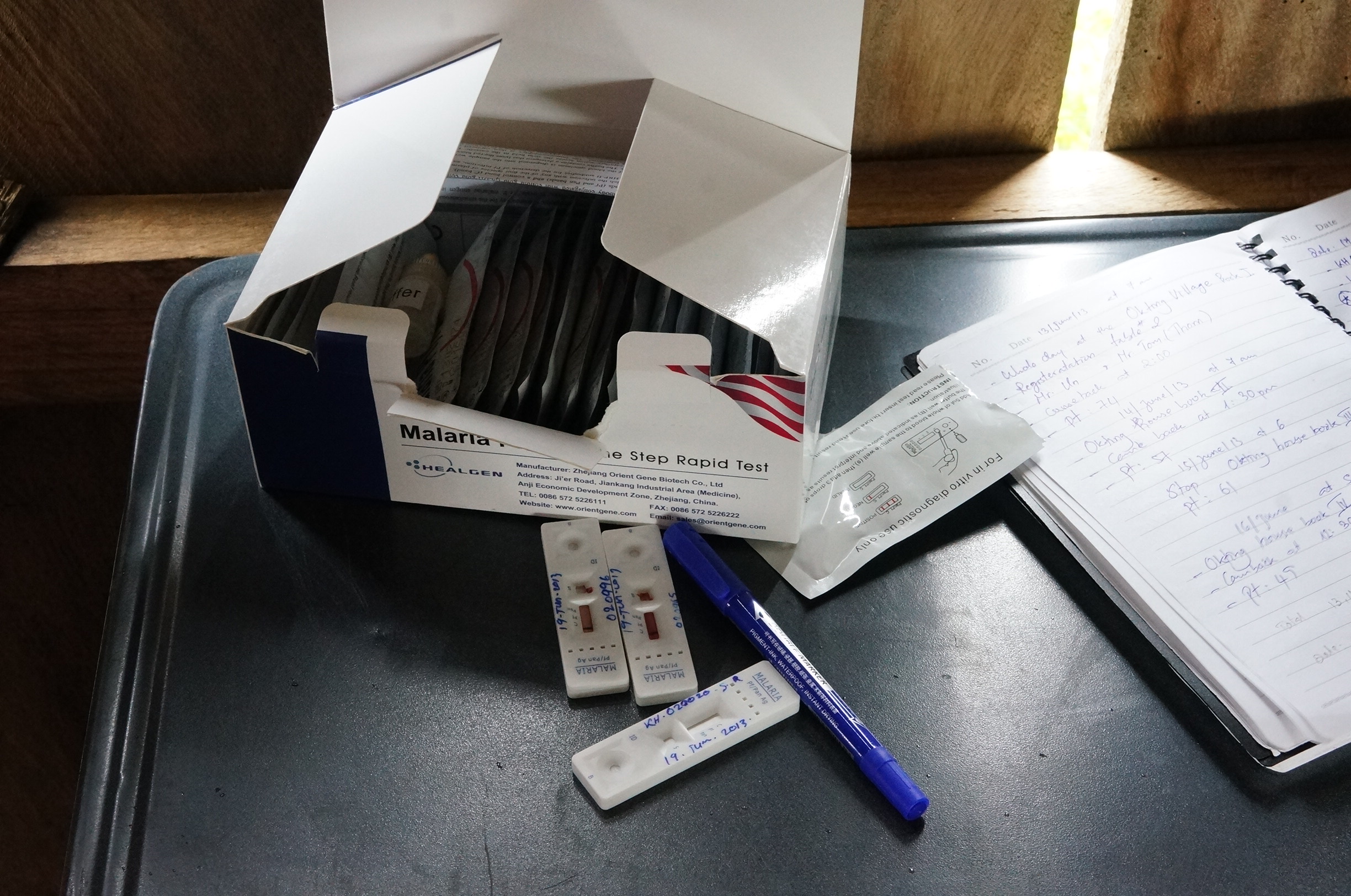Clinical Trials Methodology Study Group for P. falciparum
Clinical Trials Methodology Study Group for P. falciparum
This Study Group is exploring key study design and analytical factors which affects derived clinical efficacy of antimalarials.
Statistical analyses have commenced and preliminary results of ongoing analyses will be shared at EDCTP Forum 2016 (Lusaka, Zambia) and ASTMH 2016 (Atlanta, USA). Publications are expected in 2018.

The WWARN Clinical Trials Methodology Group was formed in Dec 2015. Research groups with relevant data sets were contacted in January 2016. Two methodological manuscripts have been published in Malaria Journal.
Artemisinin combination therapies (ACTs) are currently the first line treatment for uncomplicated malaria, recommended by the World Health Organization (WHO). Artemisinin and its derivatives are fast acting and rapidly eliminated, whereas the partner drugs have prolonged antimalarial activity ranging from days to several weeks. The wide variation in pharmacokinetic profiles of the available ACTs has significant implications for quantifying and comparing antimalarial efficacy, which differ significantly dependent upon a variety of factors such as the duration of follow-up, the degree of attrition and the statistical methods applied [1–4]. Currently, there is limited consensus among researchers with regard to how best to account for these design and methodological issues. The WWARN Data Repository contains clinical data on more than 135,000 individual patients treated with antimalarial regimens, thus providing a unique resource to explore the methodological issues underlying antimalarial clinical efficacy trials.
This Study Group will identify the key study design and analytical factors that underpin the derivation of antimalarial estimates of efficacy and the degree to which these influence comparative treatment trials in different endemic settings. We will then explore alternative statistical approaches to improve the assessment of antimalarial efficacy and the analysis of comparative drug trials.
The overarching aim of this Study Group is to optimise the statistical methodologies for quantifying antimalarial blood stage efficacy against uncomplicated P. falciparum infection.
- To quantify the impact and magnitude of various methodological approaches (censoring rules, loss to follow-up, inconclusive genotyping, missing data etc.) on clinical efficacy
- To assess the optimal duration of follow-up for ACTs
- To compare the efficacy estimates derived from the use of different statistical methods
- Clinical studies with uncomplicated P. falciparum malaria treated with the following artemisinin combination therapies:
- artemether-lumefantrine (six-dose)
- dihydroartemisinin-piperaquine
- artesunate-amodiaquine (fixed dose combination)
- artesunate-mefloquine (fixed dose combination)
- Individual patient data including:
- minimum follow-up duration of 28 days
- outcome classification based on PCR-genotyping
- details of treatment regimens including dosage based on weight or age; and,
- baseline characteristics of the patient, including age, gender and sex
- Outcomes classification based on each genotyping markers (MPS1, MPS2 or GlURP)
- Multiplicity of infection
After uploaded to the WWARN Data Repository, WWARN will standardise data sets according to the WWARN Clinical Data Management and Statistical Analysis Plan and pool into a single database of quality-assured individual patient data.
This study group is led by Prabin Dahal and will be part of his PhD studies, co-supervised by statisticians Dr. Kasia Stepniewska and Prof. Julie Simpson and by clinicians Prof. Philippe Guerin and Prof. Ric Price.
For further information, please email Prabin Dahal (prabin.dahal@wwarn.org)
The WorldWide Antimalarial Resistance Network Methodology Study Group. Temporal distribution of Plasmodium falciparum recrudescence following artemisinin-based combination therapy: an individual participant data meta-analysis. Malaria Journal. 2022. doi: 10.1186/s12936-021-03980-z
Dahal et al. Evaluating antimalarial efficacy in single-armed and comparative drug trials using competing risk survival analysis: a simulation study. BMC Medical Research Methodology. 2019; 19:107.
Prabin Dahal, Kasia Stepniewska, Philippe J Guerin, Umberto D’Alessandro, Ric N Price, Julie A Simpson. Dealing with indeterminate outcomes in antimalarial drug efficacy trials: a comparison between complete case analysis, multiple imputation and inverse probability weighting. BMC Medical Research Methodology. 2019; 19:215.
The WorldWide Antimalarial Resistance Network Methodology Study Group. Competing risk events in antimalarial drug trials in uncomplicated Plasmodium falciparum malaria: a WorldWide Antimalarial Resistance Network individual participant data meta-analysis. Malaria Journal. 2019 Jul 5;18(1):225.





